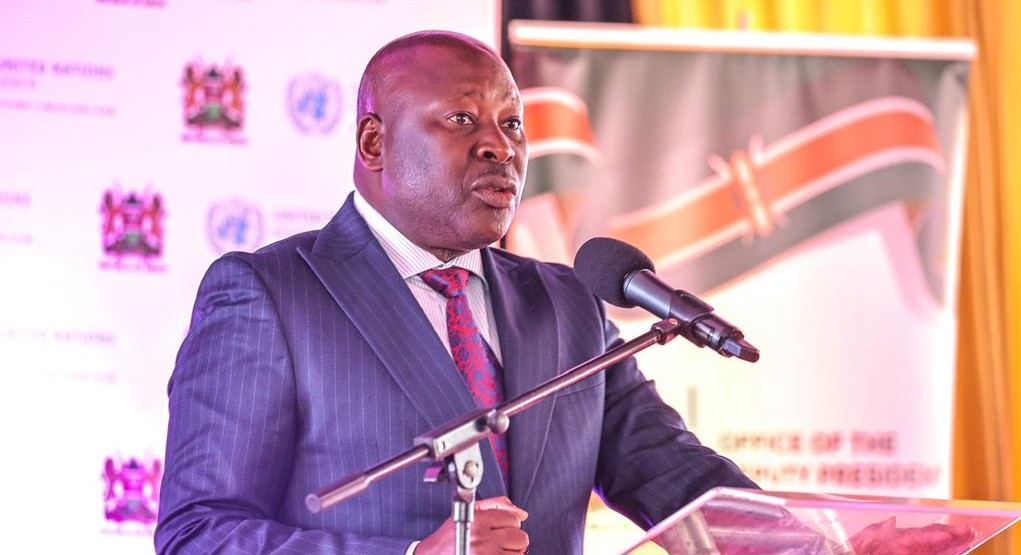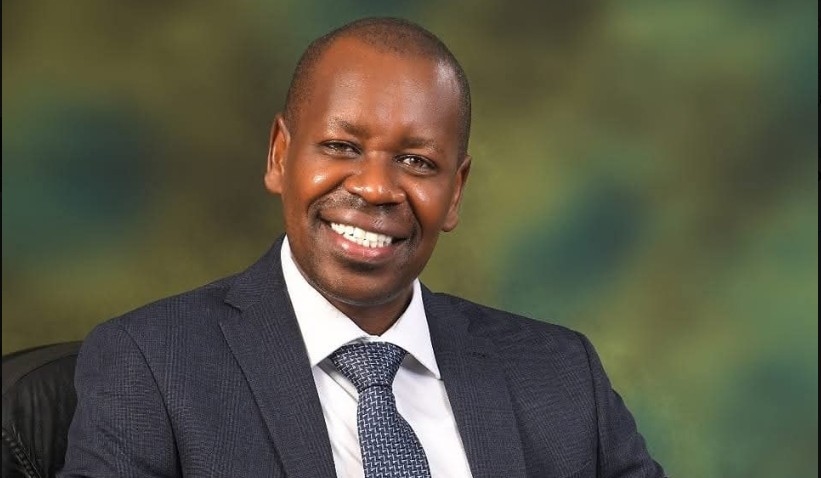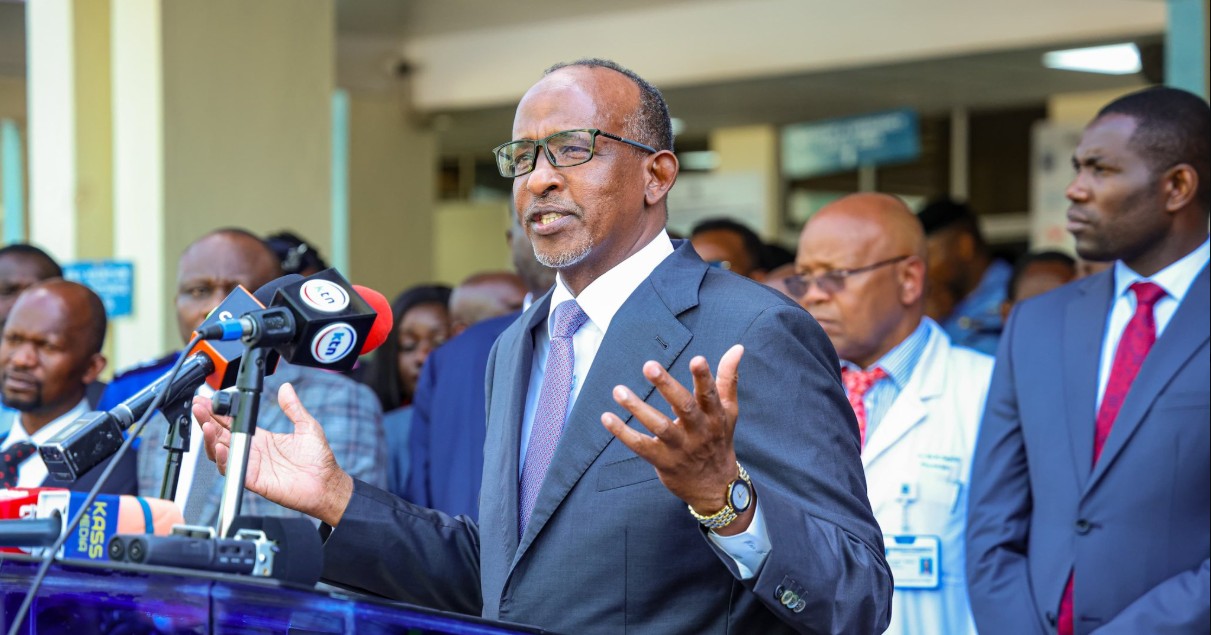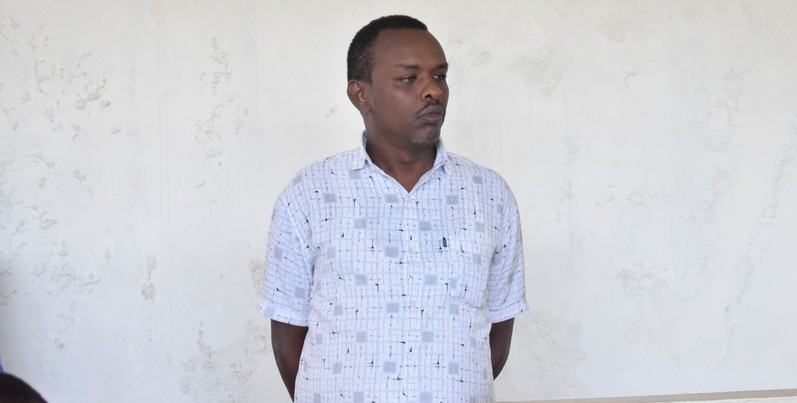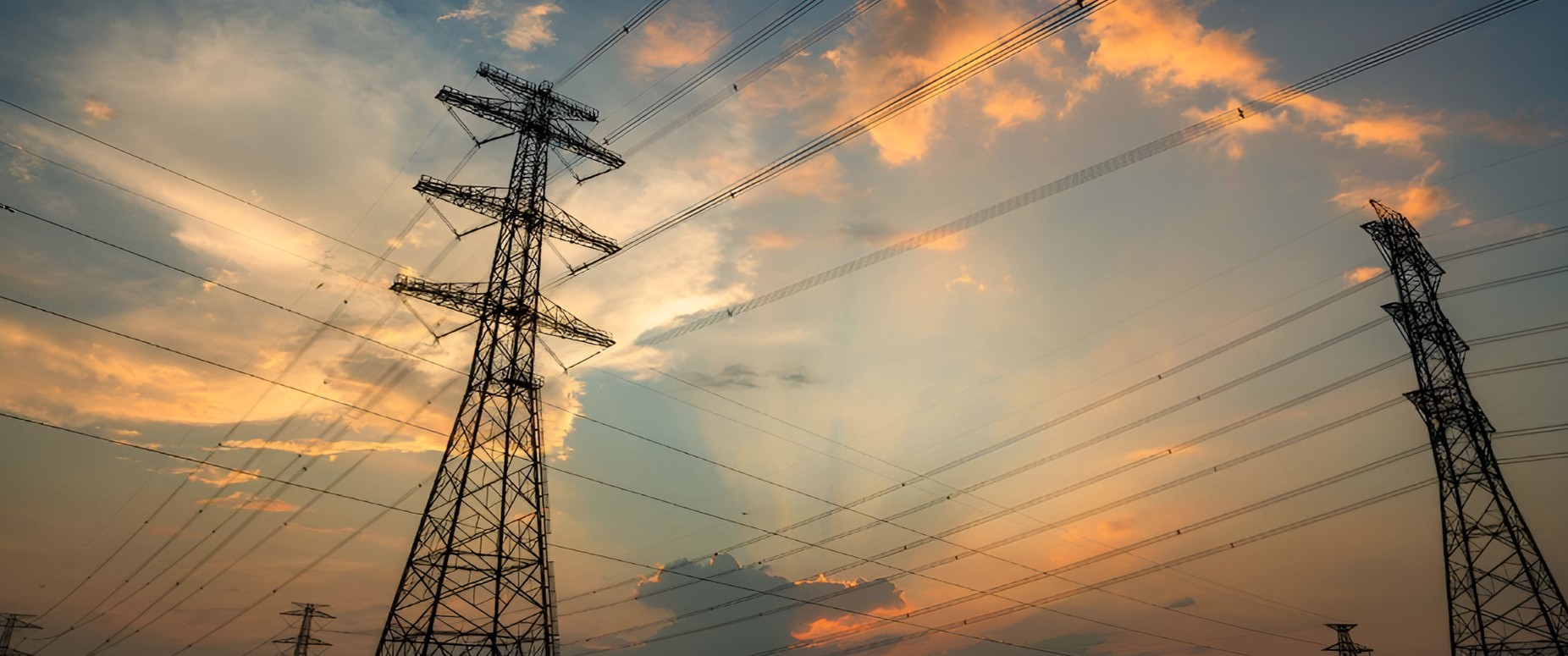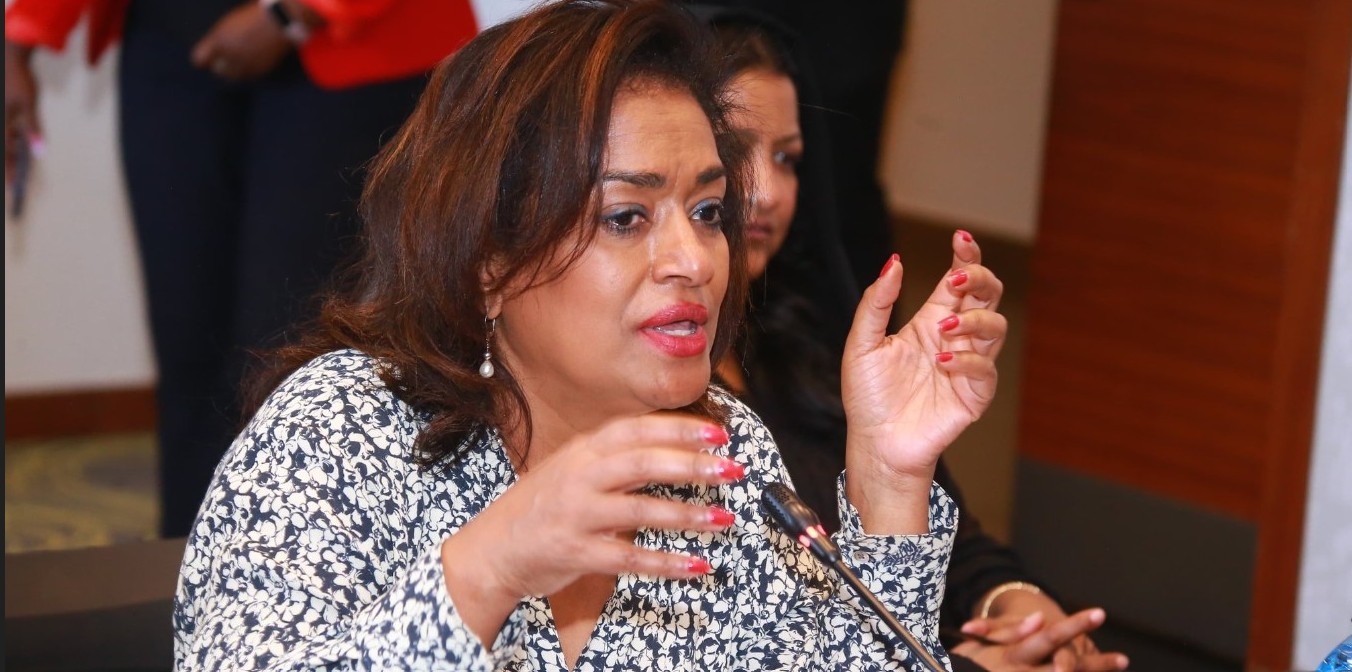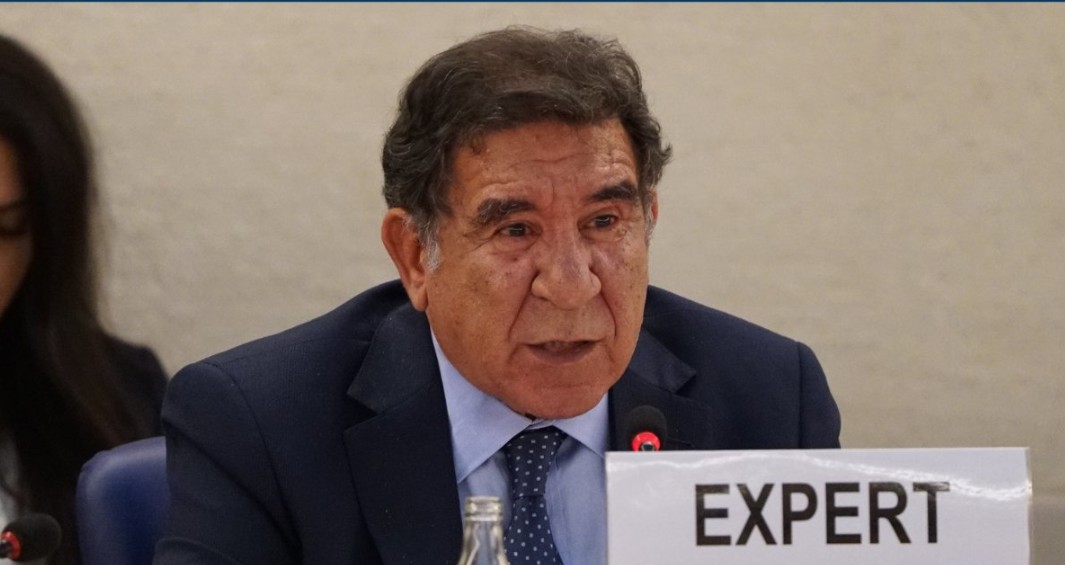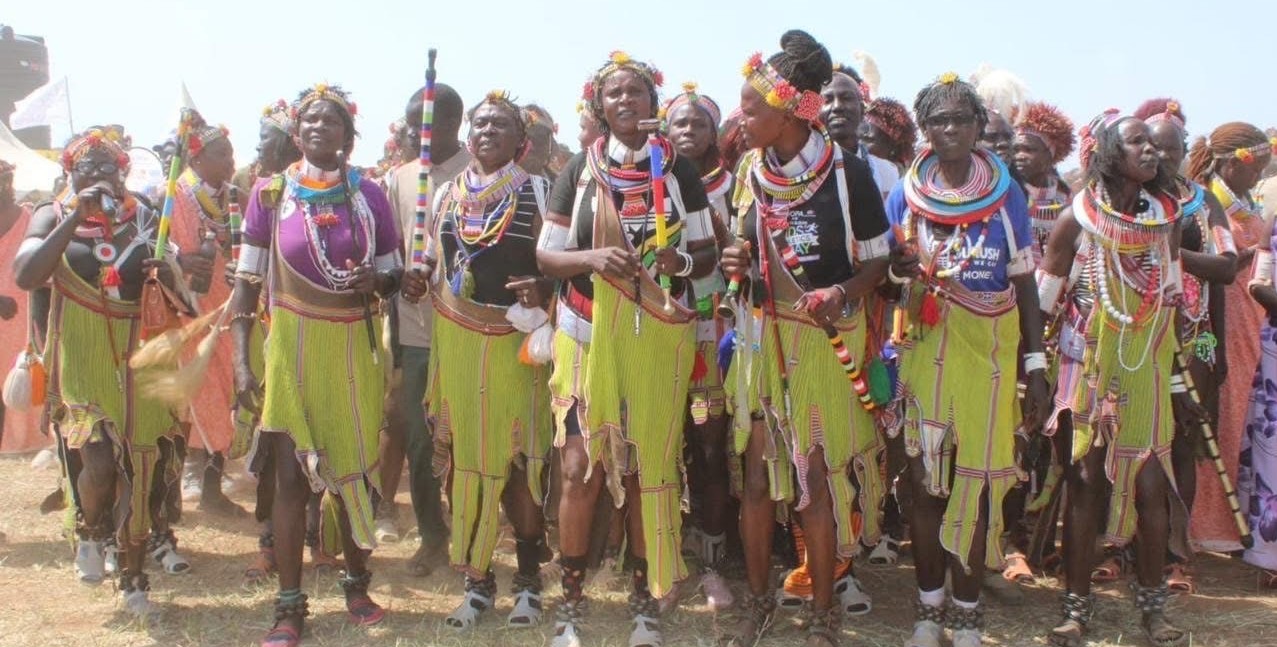Auditor General blames underfunding for Kenya's poor global audit ranking
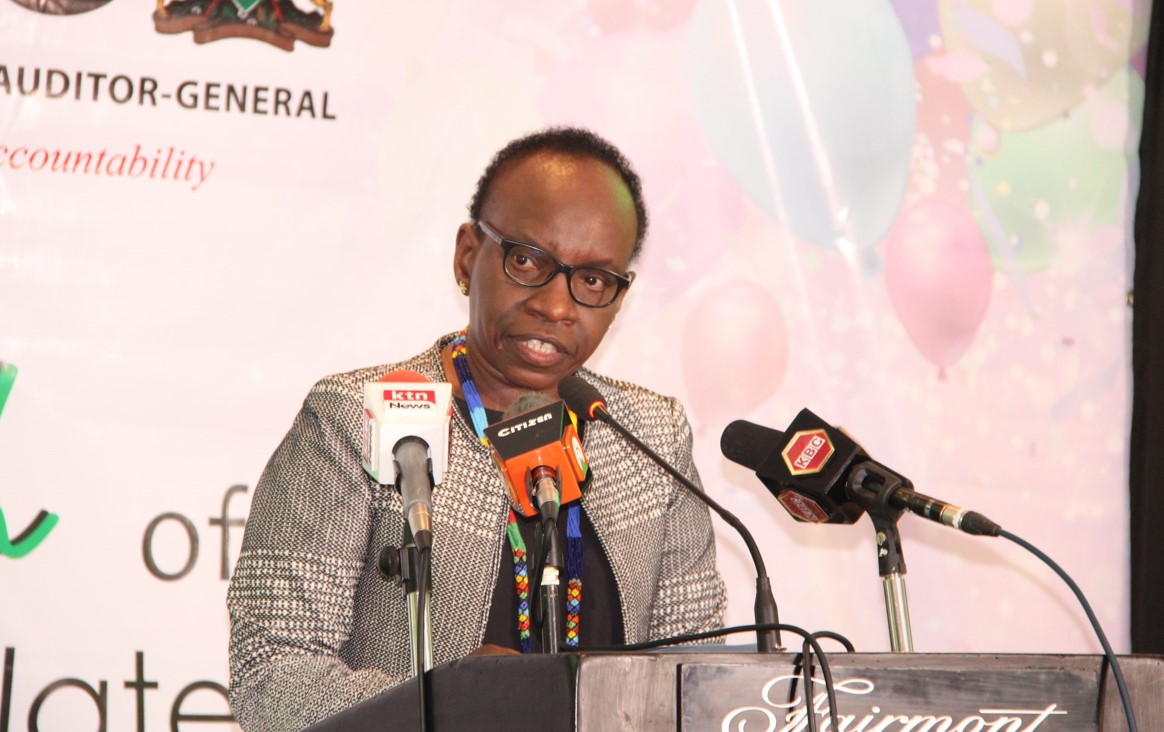
Gathungu added that Kenya’s poor showing on the World Bank’s Supreme Audit Institutions (SAIs) Independence Index 2021 is primarily due to the office’s lack of financial autonomy and inability to secure sufficient resources when faced with budget shortfalls.
The Office of the Auditor General has blamed chronic underfunding and lack of financial autonomy for Kenya’s poor performance in a global audit independence ranking, warning that the current system undermines oversight of public funds and risks derailing constitutional governance.
Auditor General Nancy Gathungu told the Budget and Appropriations Committee (BAC) that Parliament’s failure to guarantee adequate budgetary support has left the OAG unable to meet the growing demands of auditing over 12,000 public entities.
More To Read
- Judiciary paid Sh14 billion in staff compensation without records for 2,180 employees - Auditor General
- Auditor-General exposes widespread waste, irregularities in government spending
- Postal Corporation of Kenya on brink of collapse over Sh7.7 billion deficit, Auditor General warns
- Auditor General raises alarm over lack of legal backing in Huduma Kenya operations
- Kenya's oversight bodies crippled by underfunding, government disregard, report reveals
- Report recommends granting punitive powers to Auditor-General and Controller of Budget
Gathungu added that Kenya’s poor showing on the World Bank’s Supreme Audit Institutions (SAIs) Independence Index 2021 is primarily due to the office’s lack of financial autonomy and inability to secure sufficient resources when faced with budget shortfalls.
“Our lower ranking is attributed to a lack of financial autonomy. We do not have guaranteed recourse in the event of inadequate budgetary allocations,” she said.
The concerns by Gathungu echo the findings of a separate report by the National Assembly Committee on the Implementation of the Constitution (CIOC), which warned that oversight bodies such as the OAG, the Controller of Budget (CoB), and the Commission on Revenue Allocation (CRA) are facing serious financial constraints that hinder their ability to fulfil their mandates.
“The chronic underfunding of these institutions represents perhaps the most insidious threat to constitutional governance,” the CIOC report states, calling the situation “a troubling paradox at the heart of Kenya’s governance system.”
Despite a rapidly expanding audit workload, the Auditor General said the resources allocated to her office have not kept pace. In the 2018/19 financial year, the OAG audited 1,341 entities, a number that increased to 1,764 in 2021/22. In the current 2024/25 financial year, the OAG is expected to audit 12,013 entities, including national government agencies, the 47 county governments, and multiple funds and institutions across sectors.
Of the 12,013 clients, the office is required to produce 1,110 audit reports for national government agencies, 1,005 for county governments, 290 for the National Government-Constituency Development Fund (NG-CDF), and 40 for specialised audit services. Additionally, it must deliver 9,568 audit reports covering education and health institutions.
The audit scope widened even further on July 4, 2024, when the Public Sector Accounting Standards Board (PSASB), through the National Treasury, issued a circular for financial reporting that brought in 34 County Equalisation Funds (CEFs) and 924 County Technical and Vocational Training Institutes (CTVETs), raising the total to 12,900 entities.
Despite the increased scope, Gathungu said the office continues to suffer funding gaps that prevent the recruitment of enough staff to meet its constitutional obligations.
“Adequate funding of the OAG will enhance our capacity to provide timely and value-added reports to Parliament and our stakeholders and ultimately enhance effective oversight over the use and management of public resources,” she said.
International benchmarks recommend that SAIs be allocated at least 0.5 per cent of national revenue. In contrast, the OAG’s budget has consistently fallen below that, standing at only 0.2 per cent. Over the last five years, its operations budget has grown from Sh5.5 billion in 2020/21 to Sh10.35 billion in the 2025/26 financial year.
In the 2024/25 financial year, the office was allocated Sh8.67 billion, a slight increase from the Sh8.12 billion in 2023/24. However, subsequent cuts slashed this to around Sh8.1 billion, worsening the financial strain and leaving the office with an insufficient budget to meet already committed expenditures.
Under Article 229(4) of the Constitution, the OAG is mandated to audit the accounts of all government entities receiving Exchequer funds, including the national and county governments, Parliament, county assemblies, the Judiciary, public debt, and other publicly funded bodies, projects and programmes.
“Ultimately, the mandate of the OAG is not only to contribute to improvements in the public sector but also to influence the direction of economic growth and development of our nation and the delivery of quality and sustainable services to the citizens by overseeing the use and management of public resources,” Gathungu said.
The Constitution, through Article 229(6), further requires the OAG to verify whether public funds are applied lawfully and effectively. The Public Audit Act, 2015, extends this mandate by requiring the Auditor-General to assess whether revenue collection and expenditure are both legal and consistent with the authorised purpose.
The CIOC report acknowledges the existence of “world-class constitutional institutions” but raises concern over systemic underfunding and a lack of legal power to enforce recommendations.
“The evidence before us paints a picture of institutions struggling to fulfil their constitutional roles not due to lack of competence or commitment but due to deliberate structural impediments that render them ineffective,” reads the report.
Runyenjes MP Eric Karemba, who chairs the CIOC, said the mismatch between the OAG’s role and its budget undermines oversight of public finances.
“When the OAG receives a mere 0.2 per cent of the national budget despite being tasked with auditing 100 per cent of the public funds, we create a system designed for failure,” Karumba sa.
“This is not an oversight or budgetary constraint; it is a deliberate weakening of oversight mechanisms that should concern every Kenyan who believes in accountable governance,” he added.
The CIOC also flagged the lack of enforcement mechanisms, which has reduced institutions like the OAG, CoB, and CRA to “mere commentators” rather than effective guardians of public finances.
While the Constitution mandates the CoB to object to irregular spending and the CRA to recommend fiscal responsibility measures, none of the three oversight institutions, including the OAG, has legal power to compel compliance.
“This creates a culture where recommendations are ignored, violations go unpunished, and public resources continue to be mismanaged with impunity,” the report warns.
Top Stories Today

